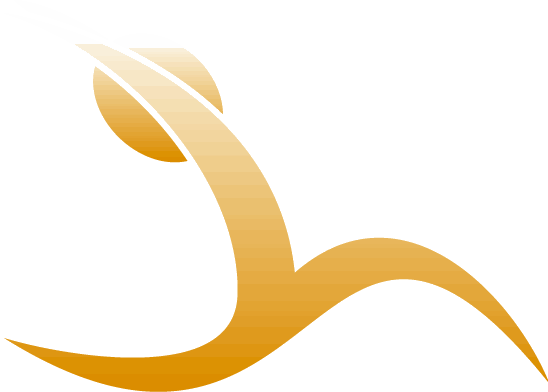mIsTY
Montreal International Symposium on Therapeutic Yoga
MISTY
ONLINE
Recordings of Live Sessions

Presented by H~OM Yoga
yoga THERAPY & Science
reSearch/Facts/Experience/Tools/Wisdom/Fun!
.png)
Anne Pitman
M.Sc., C-IAYT, E-YRT500
BIO
Anne Pitman
M.Sc., C-IAYT, E-YRT500
www.annepitman.ca
www.schoolofembodiedyogatherapy.com
Anne Pitman (she/her) holds a Masters in Kinesiology, is the Director of the School of Embodied Yoga Therapy and is a clinical Yoga Therapist at the Ottawa Integrative Cancer Centre (www.thechi.ca).
She has 40 years of experience in educating movement teachers, teaching embodied yoga and pioneering yoga therapy in Canada. Trained in functional biomechanics and Scaravelli-inspired yoga, Anne is a continuing scholar at the Orphan Wisdom School, an apprenticeship in grief literacy and the skills of living and dying well.
Recently, Anne (with Leigh Leibel) published Yoga Therapy Across the Cancer Care Continuum, which demonstrated the philosophical approach, vast education and human compassion required in oncological yoga therapy and showcased the stories of professional yoga therapists working in clinics and hospitals, worldwide, from cancer diagnosis onward.
A champion for healthcare integration, she regularly speaks at medical and yoga therapy conferences on diagnosis shock, the unrecognized grief of living in turbulent times, and the tender practice of accompanying people who are facing their dying days.